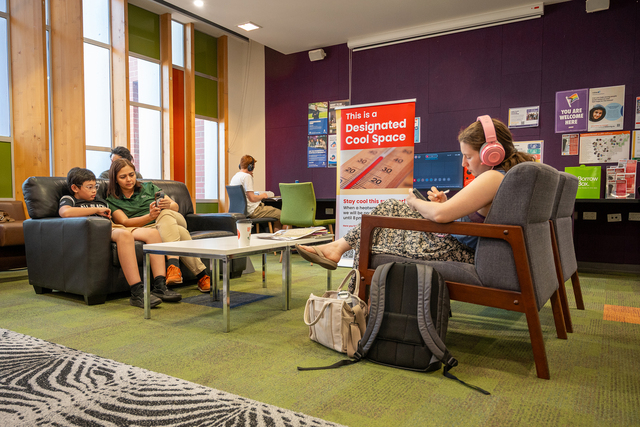The politics of gender in politics has been placed front and centre over the past few months giving International Women’s Day on 8 March, this year themed #ChooseToChallenge, a special significance in 2021.
Each year it is a day to celebrate the achievements of women but also marks a call to action for accelerating women’s equality.
In 2010, the International Year of Women in Local Government, ALGA reported 27 percent of elected councillors were women but only 20 percent of senior managers and 5 percent of CEOs were women.
In the ensuing ten years, a huge amount of work has been done towards addressing the reasons behind the inequity and inequality that exists for women in local government.
Local Government Professionals Australia has just announced new targets. They are asking for a gender balance of 40 percent women, 40 percent men, and 20 percent of any gender in local government leadership roles by 2025.
Local Government elections will be held this year in Northern Territory and New South Wales.
While not much noise is coming out of the former on the subject, the latter is campaigning hard to encourage women to stand. A huge effort is required to boost a heretofore lacklustre performance in that state, with 31 percent of councillors being women and 28 percent of mayors.
The NSW government has invested $150,000 in running workshops to help empower women to stand, addressing barriers that exist and
providing women with the tools to take on the role and be effective and successful once they are elected.
More progress is being made in Victoria, which leads Australia in local government gender diversity, with 43.8 percent of local government positions filled by women in the October 2020 elections.
On 4 February, the Andrews Government announced the formation of a new Gender Equality Advisory Committee.
This is a new high for both Victoria and the nation, yet there is still some way to go to achieve the Government’s 50 percent target by 2025.
However, Victoria’s Public Sector Gender Equality Commissioner started work in October to oversee the Gender Equality Act 2020, which commences on 31 March. It is a first for this country so there appears to be evidence of a genuine will to achieve change.
LGProfessionals’ Victorian conference in February, saw the launch of the Advocates for Gender Equality Toolkit, an Australian first for council leaders.
Gender Equity consultant, Ruth McGowan OAM, who worked with a group of CEOs to develop the toolkit, posted on social media:
“The toolkit supports council executives to take personal action to progress gender equality. It places the focus on driving systemic change to sustain progress needed on equality.
The practical evidence-based toolkit has actions and resources for leaders seeking to advance gender equality – from the council chamber to the council organisation and the community.”
It is time for the leaders of the community to lead.
















